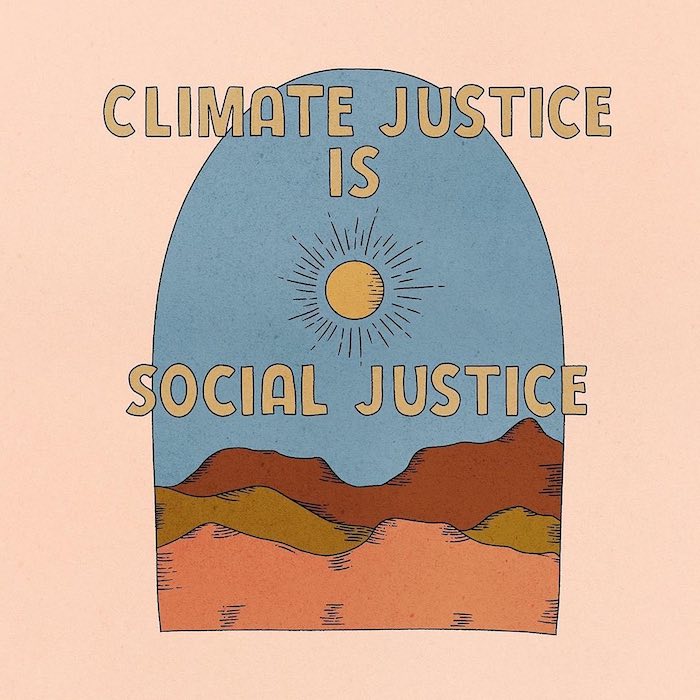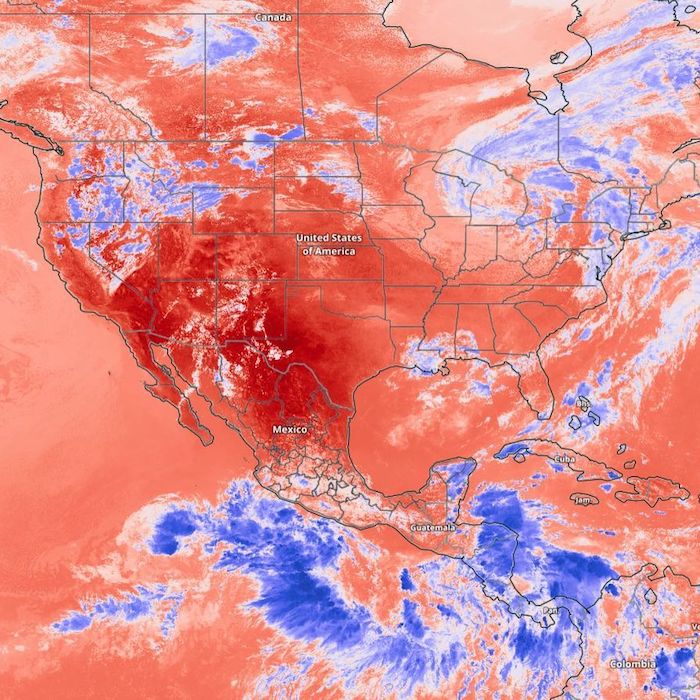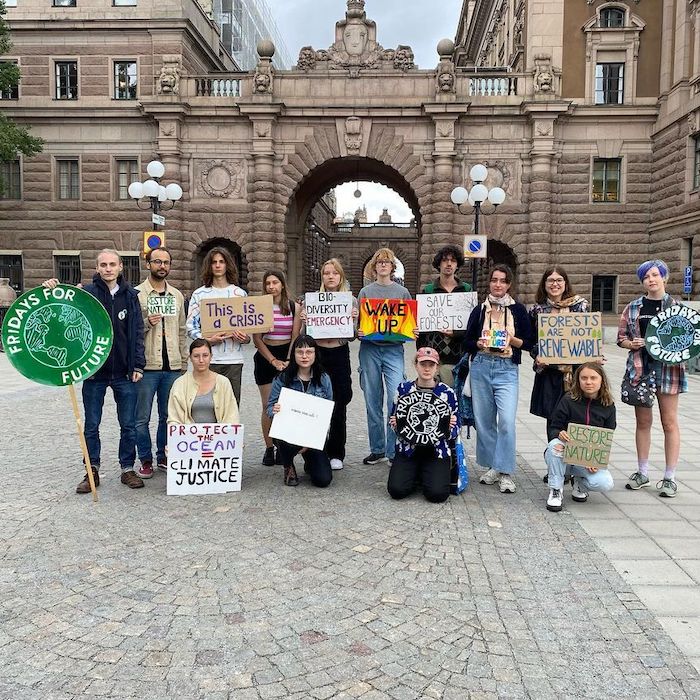TRENDING
In the News
What you need to know about this July's record-breaking heat waves

Experts say that last week had the hottest day on record in planet Earth's history. On Tuesday, July 4, while we celebrated the Fourth of July, the average global temperature reached 62.9°F (17.18°C).
The temperature stayed the same Wednesday, making these two days the hottest days ever recorded. According to climate scientists, like Dr. Robert Rohde from Berkeley, the planet "may well see a few even warmer days over the next six weeks."
NCEP has placed Earth's average temperature yesterday as the hottest single day thus far measured by humans.
— Dr. Robert Rohde (@RARohde) July 4, 2023
This is driven by the combination of El Niño on top of global warming, and we may well see a few even warmer days over the next 6 weeks. pic.twitter.com/RCrROHaWwp
Unprecedented heat
The previous record, 62.46°F (16.92°C), was set in August 2016. Since then, it's only grown hotter all over the world.
So far, July of 2023 has seen record-breaking heat waves. With climate phenomenon El Niño expected later this summer, combined with climate change's ever-increasing effects, the rising heat has already had devastating consequences around the world.
In late June, Texas and many Southern states suffered a blistering heat wave, with triple-digit temps and extreme humidity. China and the UK have both reported the hottest year on record. Meanwhile, rising temperatures in Mexico have killed at least 112 people since March, and 44 people more recently in India.
Most climate scientists agree that climate change and global warming are responsible for the rising heat. Many predict that the new record won't stay a record for long and that record-breaking heat waves will only become more frequent and severe in the coming years.
Why it matters
No matter where you live, you may have noticed changes in the annual temperature over your lifetime.
Kukua H. from Texas says that this year, the extreme heat started in June. "It has gotten to the point where our city has been issuing weather warnings, and the fire department has been publicly encouraging people to stay inside," she shares. "I have definitely noticed changes in the weather. Usually, during the summer, I go for mile runs in the morning. But this summer, it has been really hot even in the morning—so I have to stick to indoor runs instead. Our plants and grass have been dying, too."
Southeastern states have also faced intense heat and humidity. According to Laila M. from Florida, "From the months of April to probably mid-October, there are probably a few times (at least) when I walk outside and start sweating in five minutes, no matter whether I'm doing any physical exercise. Florida rarely gets to the temperatures places out in the Southwest do, but the added humidity makes it feel 10 degrees hotter all the time."
Like Kukua, Laila mentions that "exercising outdoors is pretty much reserved for early mornings or late evenings only. If you're going outside, you typically have a purpose—rarely are you going outside just to 'enjoy the fresh air,' because it's just painfully hot air."
Laila notes that it's always been hot in Florida, but the heat has seemed especially intense so far this summer. She's noticed "a period, especially this last month, where the heat has been particularly heavy and stagnant. There hasn't been a lot of wind until a few days ago, making the heat (and the bugs!) a lot more intense."
The climate change contributing to the extreme heat worldwide has become a human rights issue, especially in countries where many people live in poverty and don't have access to air conditioning and other amenities. Intense heat is particularly dangerous for the elderly and young children, even more so if it goes on for weeks and months at a time in the summer.
Meanwhile, this year's heat poses a problem to all people who work outdoors. Last month, a UPS delivery worker in Texas died from the extreme heat on his daily work shift.
What can you do?
Around the world, there are tons of young people involved in the fight against climate change.
In August 2018, then-15-year-old Greta Thunberg began the Fridays for Future climate strikes, a weekly event urging young people to spread awareness about climate change and urge politicians to fight global warming by cutting back on countries' reliance on fossil fuels.
Check on social media or the Internet to see if there are any climate change protests happening near you. You can gather a group of friends to make signs and go together (make sure to wear your sunscreen, bring plenty of water and have a cell phone ready to contact a parent or guardian if necessary).
You can also use your social media accounts to spread awareness about climate change and follow organizations leading protests or using their resources to fight global warming.
If you're 18 or older, vote for elected officials who believe in climate change and are willing to make policies to help fight it. Even if you're too young to vote, you can help candidates in other ways, including volunteering for their campaign or phone banking on their behalf.
Finally, you can focus on the little steps we can all take to reduce climate change, including switching to a more plant-based diet (even little changes over time will be a big help) and shopping sustainably and taking care to reduce waste.
It may seem like only drops in the bucket, but every step is important. No matter what, trust that your voice is important and that every action counts, no matter how big or small.
Slider image: @conservationorg
Top image: @earthalliance
POSTED IN TRENDING, In the News
check these out!
you might like these
-
 Gracie Abrams just announced a brand new album
Gracie Abrams just announced a brand new album
-
 EXCLUSIVE! The advice Chloé Lukasiak would give herself before the very first episode of Dance Moms is... (plus reunion tea!)
EXCLUSIVE! The advice Chloé Lukasiak would give herself before the very first episode of Dance Moms is... (plus reunion tea!)
-
 Last night's Dance Moms reunion was full of nostalgia and bittersweet moments
Last night's Dance Moms reunion was full of nostalgia and bittersweet moments
-
 Tell us your thoughts about Taylor Swift for a chance to get featured in Girls' Life magazine
Tell us your thoughts about Taylor Swift for a chance to get featured in Girls' Life magazine

 become a contributor
become a contributor




















